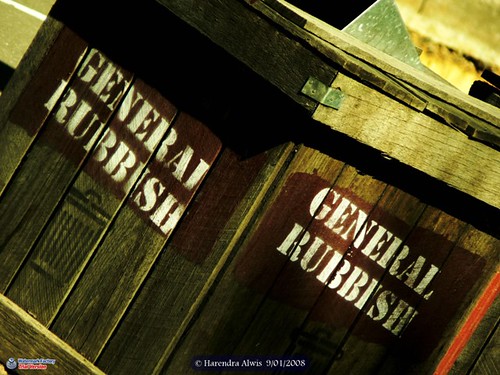Bad news makes good news. This is quite true for mass media, but only because people consume bad news better and more willingly than good news. Bad news is sensational by itself and has a slightly longer shelf life.
What do disaster warning systems, SMS messages about bomb-blasts and network monitoring tools have in common? They all alert us to bad news and can potentially save lives and property damage including intellectual property and information stored in computer networks. Not only governments and large corporations, but even individuals invest in technology that can warn us of impending dangers and threats and more often than not, they bring dividends – because bad news has tangible utility than good news.
We take it for granted that the surf is calm at the beach and don’t need to be alerted to that, but especially those who live by the sea will definitely pay to know if a Tsunami was imminent. We install network monitoring tools, not to flood our mail boxes every five minutes with messages that the Network is safe but to warn us of much less frequent infiltration attempts.
To be fair by the mass media, consumers are far more willing to pay for bad news than they are to pay for good news, but why?
The bad news is we can’t yet know for sure why bad news is more important to us than good news. Perhaps that’s how our brains are wired; perhaps that’s how we have evolved – because access to bad news is far more critical for our survival than access to god news. It is also bad that as a result, much of the good news never gets reported.
So what’s the good news? Well, there is plenty of good news all around you, if only you would bother to look. I could tell you what the good news is, but if you can’t see it yourself; there is little hope that anyone else will be able to show you.
(Published in The Sunday Times - Mirror Magazine (20/01/2008)

1 comment:
i love it! and the good news is, it's short ;-)
Post a Comment